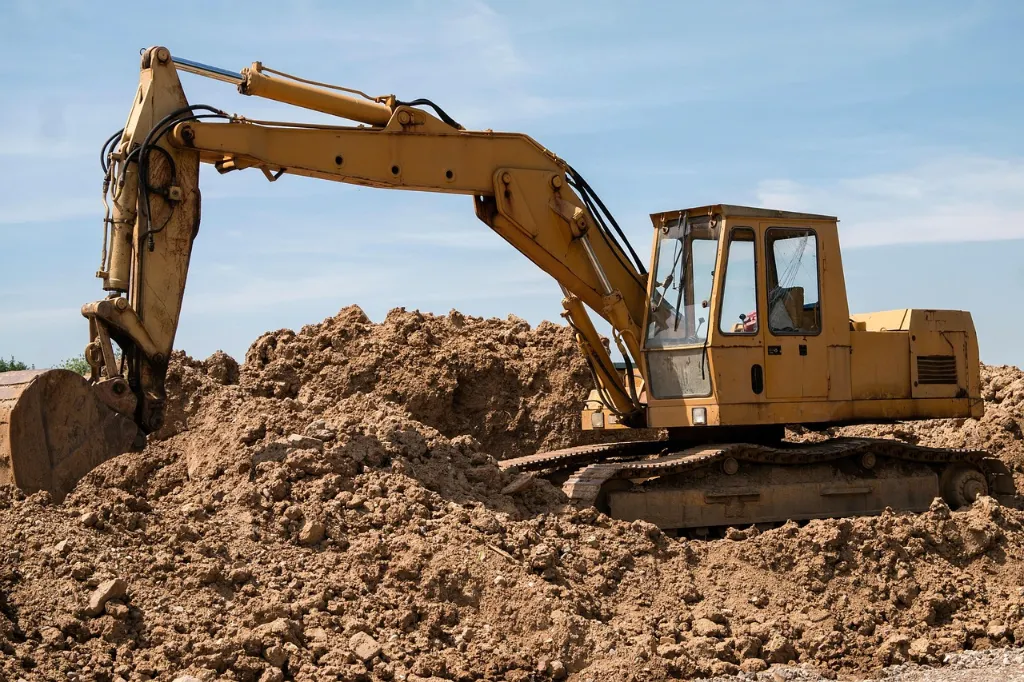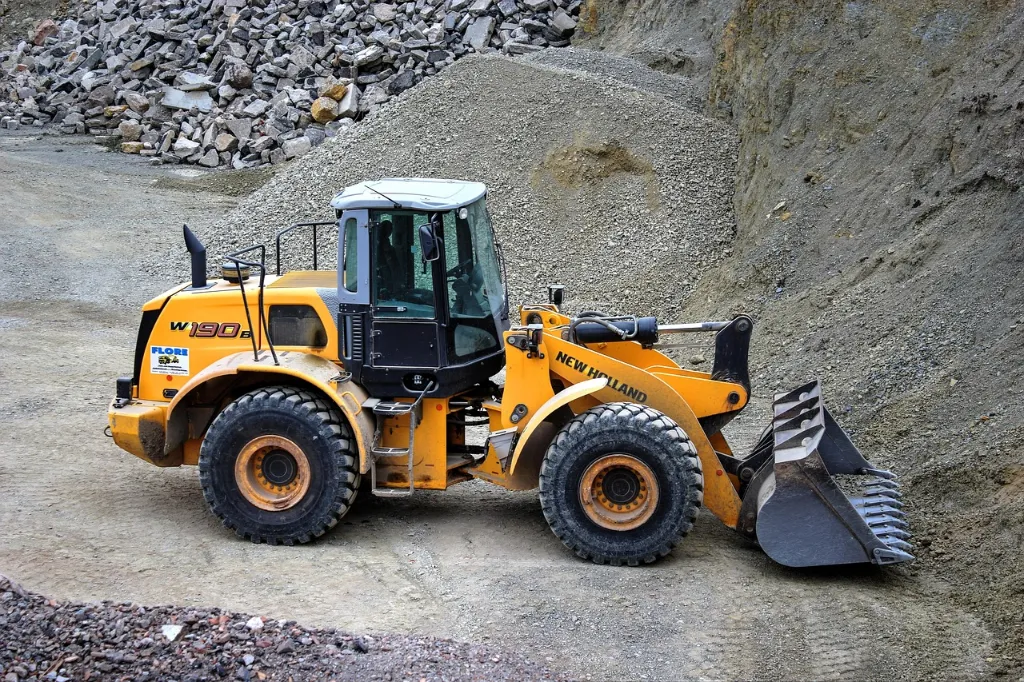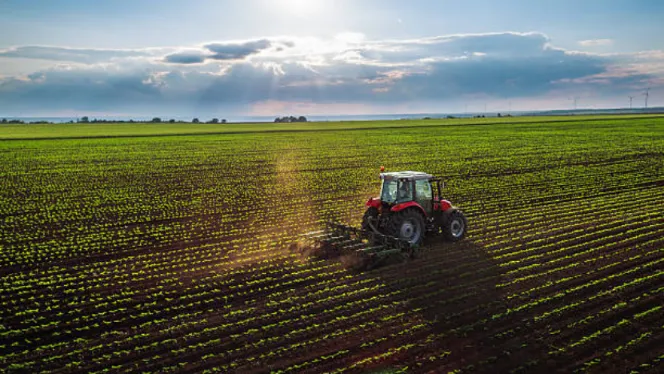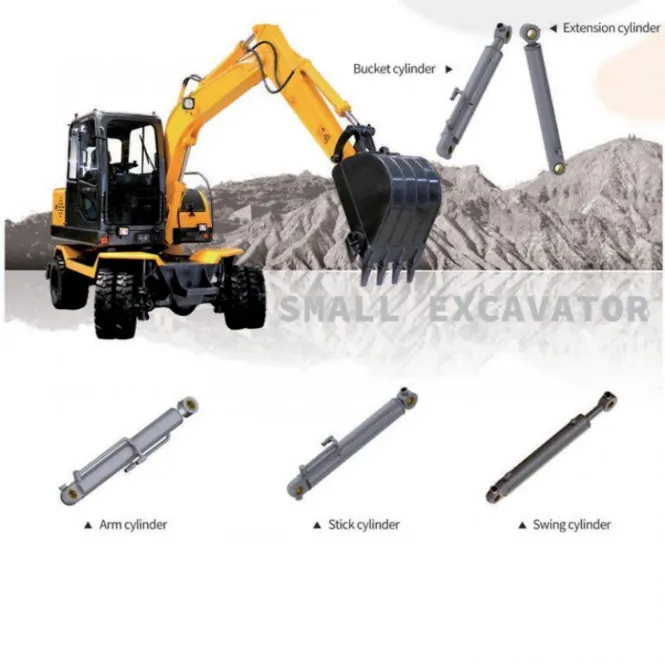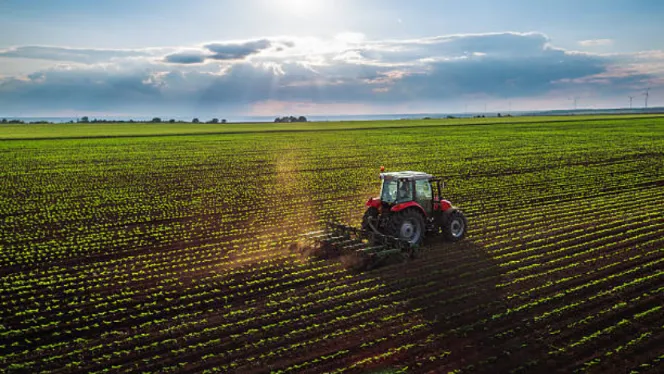
Introduction
Farm machines are super important for today’s farming. Stuff like tractors and harvesters take on tough chores that need powerful hydraulic systems. But that power comes with a problem: overload. When machines get overloaded, they can break down, cost a bunch to fix, or even turn risky. Hydraulic cylinders, which lift and move heavy loads, are especially in danger. So, how tough do these cylinders gotta be to handle farm work? This article dives into overload troubles, picking the best cylinder strength, and ways to dodge damage.
Overload in Farm Machinery: Causes and Consequences
Farm equipment does all sorts of jobs, plowing fields, hauling loads, digging dirt, and more. Each task puts a load on the hydraulic system, especially the cylinders. Overloading happens when a cylinder gets pushed to carry more weight than it’s built for. This can make it quit working. Heavy stuff, rough handling, or machines not kept up well are common reasons for overload.
Causes of Overload
A few things can stress a hydraulic cylinder too much. The biggest one is weight. Farm machines often deal with heavy things, like dragging plows, carrying crops, or lifting big tools. The cylinder’s gotta manage all that push and pull.
Another reason is old gear. Machines that’ve been used a ton, especially older ones, might not run smoothly anymore. Their seals can wear thin, or the cylinder might get weak from lots of use. Running these machines full blast without fixing ‘em can lead to overload.
Also, how folks use the machines makes a difference. Quick turns or sudden stops while lifting heavy stuff can create forces too big for the cylinder. Teaching operators to go slow and steady can cut this risk.
Consequences of Overload
Overloading can cause big headaches, both costly and dangerous. Hydraulic cylinders are made to handle lots of force, but pushing ‘em too far brings trouble.
First, the cylinder can get banged up. Too much force might bend or crack it. Seals might bust, letting fluid leak out. That makes the machine sluggish or even stop working.
Second, overload wears machines out quicker. If a cylinder keeps getting stressed too much, it breaks down sooner. That means more fixes and new parts, which can get pricey.
Overload’s also a safety worry. A busted cylinder can make the machine act wild, putting the operator and the gear at risk. Accidents are a real concern, so keeping overload in check is super important.

How Strong Should Hydraulic Cylinders Be?
Hydraulic cylinders come in all kinds of sizes and strengths to fit different machines. So, how do you pick the right one? It depends on the equipment and what it’s used for.
Calculating Cylinder Strength
A cylinder’s strength is about how much force it can take. Load = Pressure × Area. Pressure’s the force hitting the cylinder, and area’s the size of the cylinder’s bore. This helps figure out the right size and strength for the load it’ll carry.
When picking a cylinder for farm gear, it’s smart to add some extra wiggle room. Engineers often toss in a safety factor when doing the math. This makes sure the cylinder can handle more than the usual load, keeping it safe from surprise overloads.
Choosing the Right Cylinder for Farm Machinery
Finding the perfect cylinder ain’t a one size fits all thing. It depends on the machine and its tasks. For example, a tractor needs a beefier cylinder than a lawnmower ‘cause it lifts heavier stuff.
For tough jobs, like hauling big loads or working in rough spots, cylinders with bigger bores and stronger rods are best. These can take the strain better. The material’s a big deal too. High strength steel and other sturdy stuff are used in farm cylinders to stand up to hard work.
Farmers should also think about where the machine’s used. If it’s in muddy or rusty places, a cylinder with a special coating helps it last by fighting off wear and rust.
Preventing Overload Problems
Stopping overload trouble starts with good care and careful use. Lots of overload issues can be avoided with simple steps. Here’s some easy tips to keep hydraulic cylinders safe:
- Regular Maintenance: Keep cylinders clean and greased up. Check seals and rods for wear often. Swap out or fix bad parts before they mess things up.
- Training Operators: Show operators why load limits matter and how to handle machines right. They should avoid fast moves that could stress the system.
- Using Pressure Relief Valves: Add pressure relief valves to the hydraulic setup. These kick extra force away when pressure gets too high, keeping the cylinder safe.
- Monitoring Load and Performance: Use tools like sensors to watch the cylinder’s load while it works. This helps operators stay in safe zones and skip overload.
Shining Hydraulic’s Solutions for Farm Machinery
Shining Hydraulic makes a bunch of hydraulic cylinders just for farm equipment. These cylinders are tough enough to handle the rough stuff on farms. With custom options, Shining Hydraulic gives cylinders that fit the exact needs of different machines.
Shining Hydraulic cylinders are made from top quality stuff for strength and reliability. Whether it’s a heavy duty tractor or a precise farm tool, the right cylinder boosts work and cuts overload risks.
FAQ
Q1: What causes hydraulic cylinders in farm machinery to overload?
A1: Overload comes from too much weight, rough use, or worn out parts.
Q2: How do I know if my cylinder is strong enough for my equipment?
A2: Check the cylinder’s rated pressure against your machine’s max load. Right sizing keeps things safe and smooth.
Q3: Can overloaded cylinders be repaired or replaced easily?
A3: Small fixes, like seals or rod scratches, are doable. Big damage, like bends or cracks, needs a new cylinder.
Q4: How can I prevent overload in farm machinery?
A4: Regular care, proper use, load checking, and pressure relief valves stop overload trouble.
Q5: Which Hydraulic cylinders are best for heavy duty farm equipment?
A5: Cylinders with high strength steel, strong rods, and big bore sizes are great. Shining Hydraulic offers custom options for different machines.

